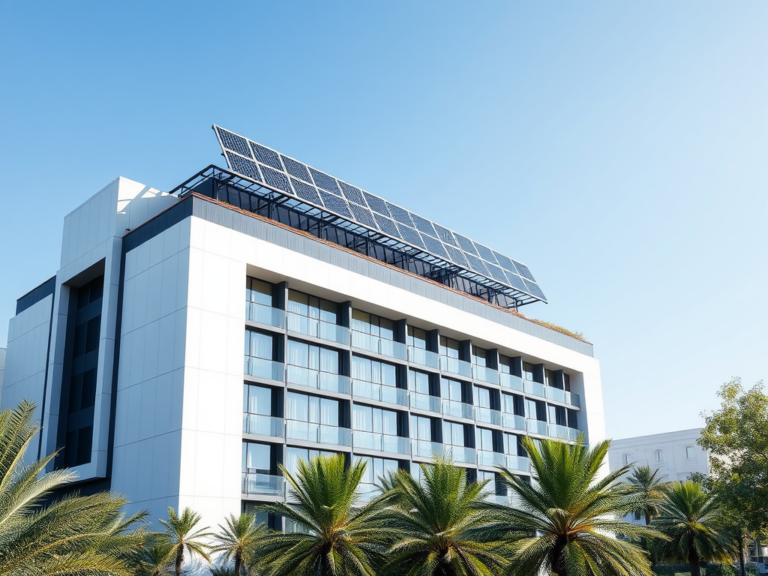Dubai’s legal system has garnered attention for its unique blend of modernity and traditional practices, making it a compelling destination for international businesses. With its strategic location, robust regulatory framework, and business-friendly environment, Dubai offers a legal system that fosters security, transparency, and efficiency. This article explores the key reasons why Dubai’s legal landscape stands out as an ideal setting for global enterprises seeking growth and sustainability.
The Framework of Dubai’s Legal System

Dubai’s legal framework is a combination of civil, common, and Sharia law, which creates a comprehensive structure that caters to a variety of commercial activities. The UAE (United Arab Emirates) constitution lays the foundation, while local laws are tailored to meet the specific needs of businesses. This diversified legal environment provides numerous benefits:
- Clarity and Certainty: The laws are clearly defined, which reduces ambiguity in business operations.
- Recognition of International Standards: Dubai’s legal system aligns with global best practices, promoting fair competition.
- Protection of Intellectual Property: IP rights are well-regarded, encouraging innovation.
- Dispute Resolution Mechanisms: Established protocols for resolving conflicts are available, enhancing trust in business dealings.
- Business Licenses and Regulations: Streamlined processes for obtaining business licenses ease market entry for foreign investors.
Several regulatory authorities work collaboratively within Dubai’s legal system to ensure compliance and support businesses. These organizations play critical roles in maintaining a streamlined process. Key authorities include:
- Dubai Economic Department (DED): Responsible for issuing licenses and ensuring that businesses comply with local laws.
- Dubai Multi Commodities Centre (DMCC): Acts as a free zone regulator, promoting trade and investment.
- Dubai International Financial Centre (DIFC): Offers an independent regulatory environment that mirrors international legal standards.
- Department of Tourism and Commerce Marketing (DTCM): Facilitates the growth of tourism and service sectors.
- Dubai Land Department (DLD): Manages real estate regulations and disputes.
Tax Benefits and Economic Incentives

Another attractive feature of Dubai’s legal system is the favorable taxation framework. The government has instituted various tax benefits that entice international businesses to establish their presence in the region. Key incentives include:
- No Corporate Tax: Many free zone companies benefit from a 0% corporate tax rate.
- Zero Personal Income Tax: Individuals working in Dubai are not subjected to personal income tax, fostering higher disposable income.
- Full Repatriation of Profits: Businesses can repatriate 100% of their profits, enhancing cash flow and investment opportunities.
- Non-Double Taxation Agreements: The UAE has agreements with many countries to avoid double taxation, facilitating smoother cross-border trade.
Ease of Doing Business
Dubai continually ranks highly in global ease-of-doing-business indices, thanks to its efficient regulatory framework and support systems for entrepreneurs. Factors contributing to this favorable climate include:
- Efficient Business Setup Processes: The online application processes expedite business registration and licensing.
- Robust Infrastructure: World-class infrastructure supports logistics, transportation, and communication.
- Access to a Talented Workforce: Dubai attracts skilled labor from around the world, ensuring a competent workforce.
- Networking Opportunities: Regular business expos and events foster connections and partnerships.
- Government Support: Various initiatives encourage small and medium enterprises (SMEs) through funding and resources.
Conclusion
Dubai’s legal system is particularly attractive for international businesses looking for a stable and favorable environment in which to thrive. With its robust regulatory framework, enticing tax incentives, efficient dispute resolution mechanisms, and strong support from various government authorities, Dubai offers a unique blend of opportunities. As the city continues to evolve, it stands poised to remain a leader in global business, making it an ideal destination for entrepreneurs and companies from around the world.
Frequently Asked Questions
1. What types of businesses can set up in Dubai?
Dubai allows various business types, including LLCs, free zone companies, and joint ventures. Trade, tourism, logistics, and tech sectors are popular among investors.
2. Are there specific legal requirements for foreign businesses in Dubai?
Foreign businesses must comply with local regulations, including obtaining a business license, appointing a local sponsor (if required), and adhering to industry-specific laws.
3. How does Dubai handle business disputes?
Dispute resolution can be managed through local courts or specialized bodies like the DIFC Courts, which offer a neutral platform for international businesses.
4. Is it easy to get a business visa in Dubai?
Yes, obtaining a business visa is generally straightforward. After registering a business, owners can apply for investor visas, which allow for residence in the UAE.
5. What role does Sharia law play in Dubai’s legal system?
Sharia law influences the legal framework, particularly in personal matters. However, commercial laws are primarily based on civil law to address business-related issues.





